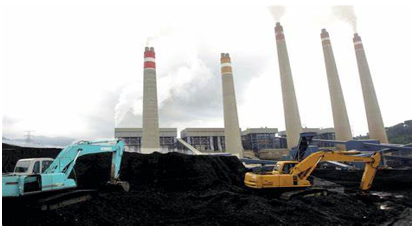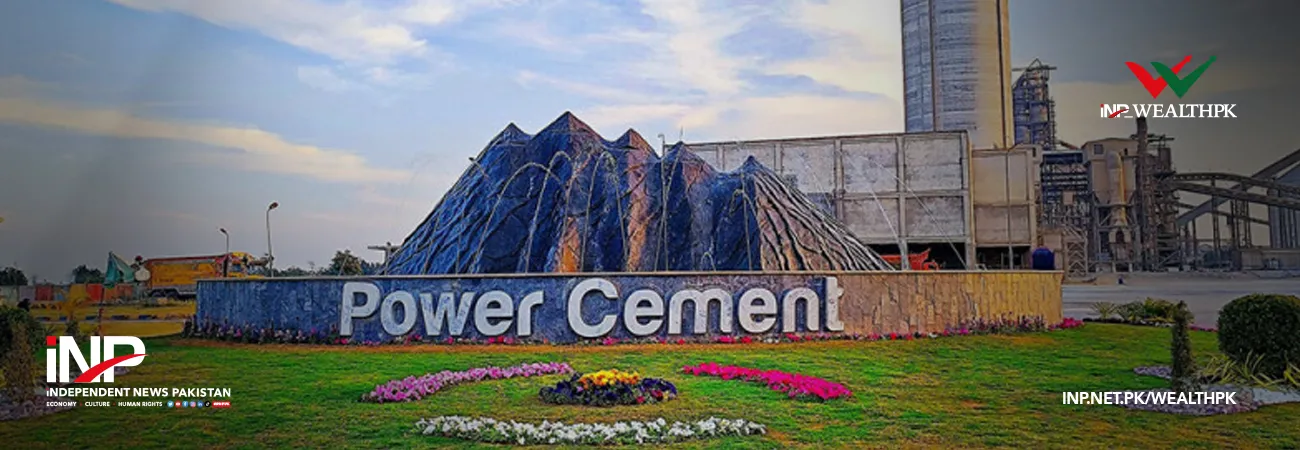INP-WealthPk
Amir Saeed
Pakistan needs tailored solutions and strategic investments in clean technologies to facilitate its transition to a low-carbon economy, Dr Khalid Waleed, an energy expert at the Sustainable Development Policy Institute (SDPI), told WealthPK.

Transition to a low-carbon future will help stabilise the country’s economy, which is entangled in a cycle characterized by low productivity, trade deficit, and unsustainable energy costs, he said. He advocated urgent transition from conventional energy approaches to sustainable solutions, particularly in light of international regulatory frameworks such as the Carbon Border Adjustment Mechanism (CBAM).
This mechanism poses significant challenges to the country’s textile sector — a vital component of its economy — which could face diminished competitiveness unless it adapts to the decarbonisation strategies. Waleed emphasized that industrial decarbonization was essential not only for addressing the country’s economic and energy crises but also for mitigating the environmental impacts. He argued that developing nations like Pakistan must have access to emerging technologies and financial instruments to facilitate this transition.
“A balanced approach between legislative efforts and incentives is necessary to drive sustainability. This requires capacity building across various levels and integration of strategies that encompass multiple sectors, including agriculture, which can leverage diverse data sets related to emissions.’’ Moreover, Waleed sees a significant opportunity for Pakistan to emerge as a leader in industrial decarbonization. By investing in the necessary infrastructure and prioritizing education, the country can position itself at the forefront of this global movement.
He believes these initiatives will not only contribute to environmental sustainability but also support an upward trajectory for Pakistan's economy, fostering sustainable growth and innovation. Talking to WealthPK, Hammad Bashir, a former national technical expert at the Private Financing Advisory Network (PFAN), reinforced the notion that decarbonization should be viewed as a legitimate business case rather than mere greenwashing.
He acknowledged the challenges faced by industries but emphasized the importance of developing customized solutions that align environmental objectives with economic realities. Bashir advocated establishing carbon markets to incentivize industries to reduce emissions while trading carbon credits, creating a win-win scenario. He also highlighted the need for transition from coal to renewable energy sources, referencing successful global initiatives like the Rockefeller Foundation’s Coal-to-Clean program.
He pointed out that even developed countries were grappling with transitioning to low-carbon industries and identified sectors like steel and cement as critical areas where innovative production processes could achieve substantial reduction in emissions. Bashir emphasized collaboration between the public and private sectors to drive decarbonization efforts.
He argued that establishing partnerships could facilitate knowledge sharing, resource mobilization, and development of innovative technologies tailored to local contexts. “By fostering an ecosystem that encourages investment in green technologies and infrastructure, the country can not only enhance its industrial competitiveness but also create job opportunities in the emerging sectors,’’ he said.
Credit: INP-WealthPk













